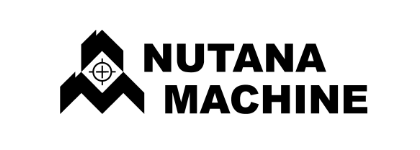COVID 19 followed by Putin’s invasion of Ukraine are wake up calls to the world on the need for “selective globalization”. For the last few decades economists have been promoting several concepts that have shaped global economies and businesses including “globalization” and “just in time”. While these concepts make a lot of sense for non-essential goods such as purchasing a car, it leaves us vulnerable for essential goods whenever there are external disruptions or supply shock events such as initial access to vaccines for many countries during COVID 19 and the cost of food in part due to fertilizer price spikes when Putin initiated war on Ukraine.
These events are a wakeup call to all of us as there are certain essential goods that when possible, should be sourced or manufactured domestically to ensure food security – this is what I mean by “selective globalization”. Brazil is a good example of this as the country imports ~97% of its potash while having one of the world’s largest undeveloped basins in its back yard. Development of this basin is not only important for Brazil’s food security but also globally food security given Brazil currently exports ~$110B per year of agricultural goods, has the highest amount of fresh water, massive amounts of arable land and year-round climate conducive to growing food.
By sourcing essential goods such as fertilizers domestically, when possible, it mitigates geopolitical risk, shipping cost risk and supply availability risks.









